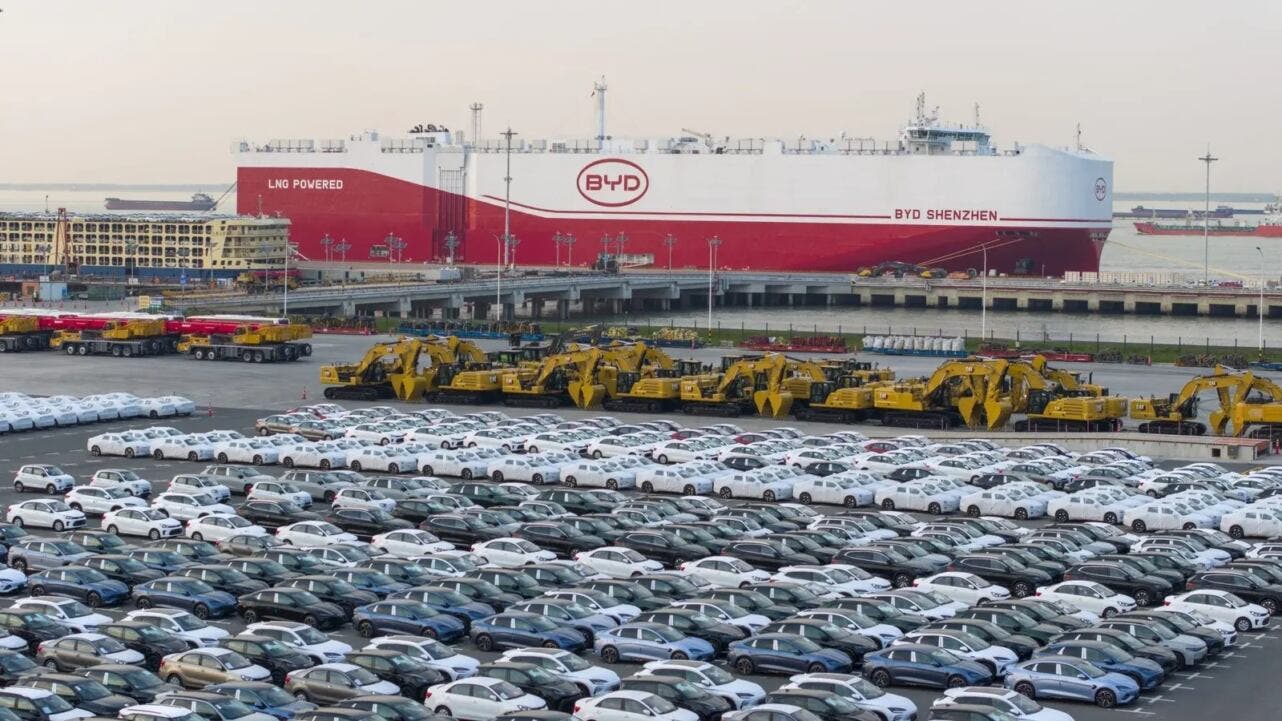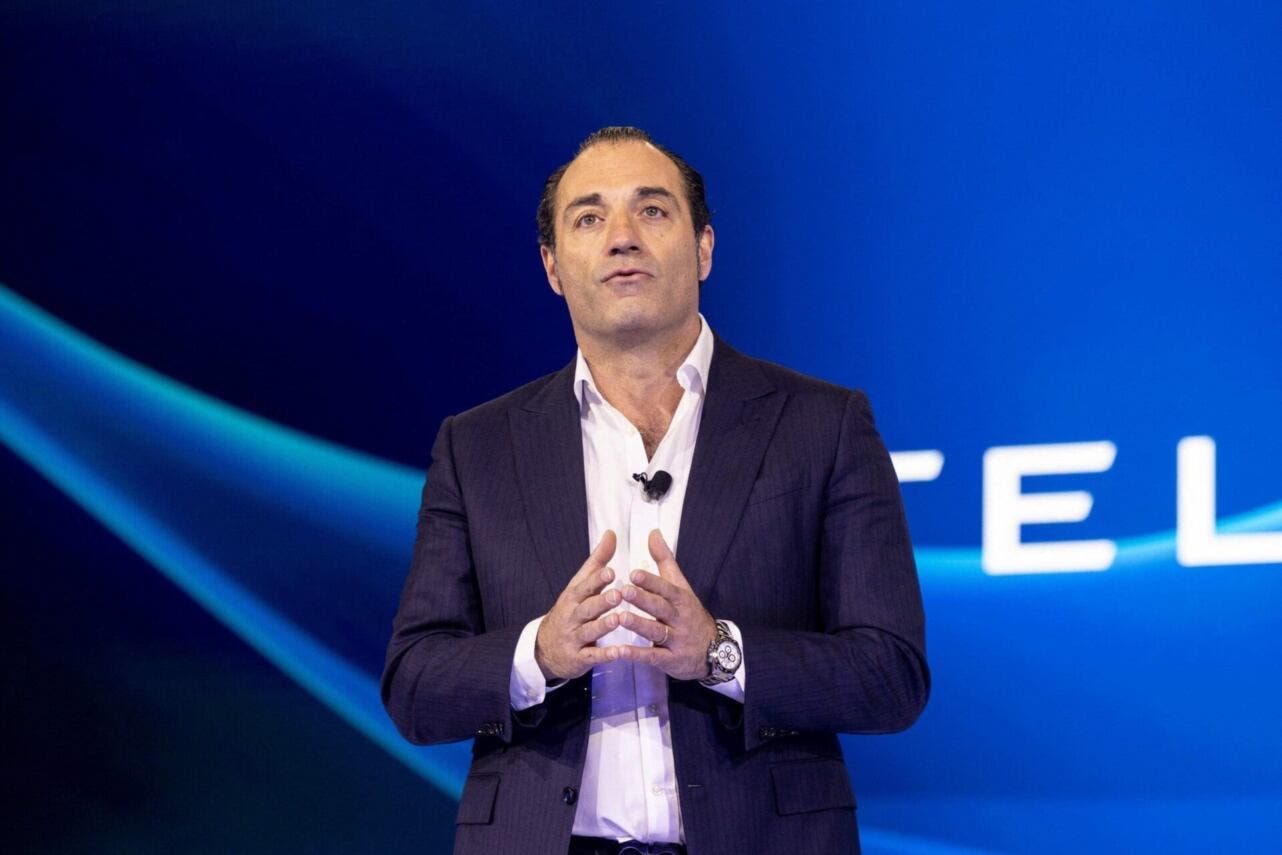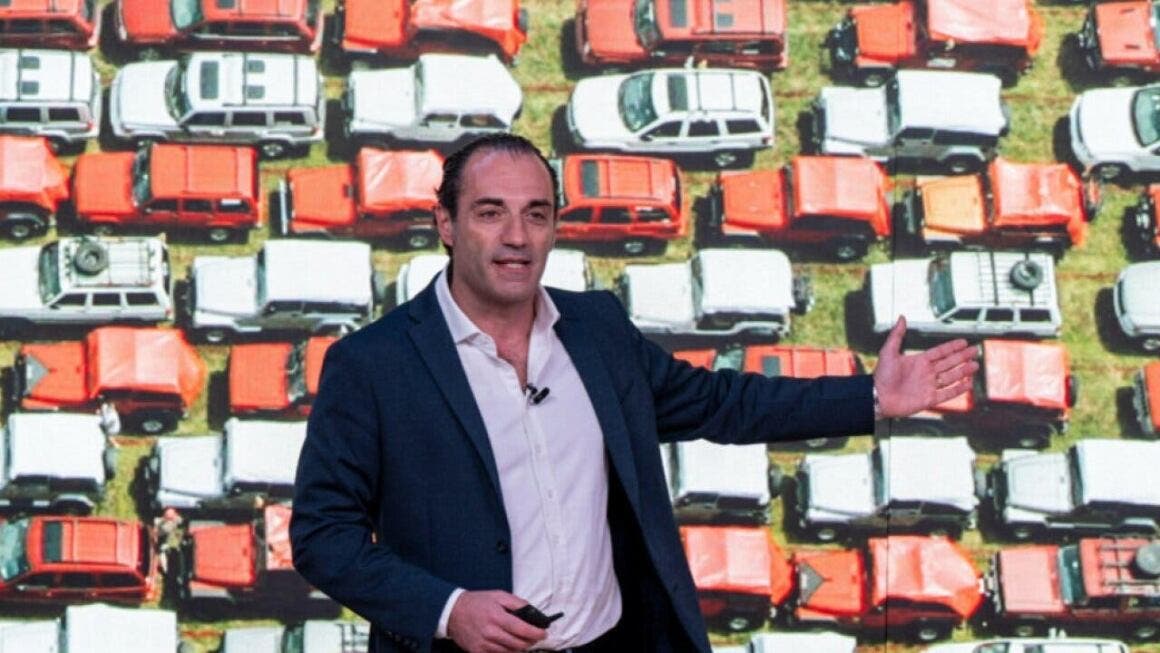On Antonio Filosa’s desk, the new CEO of Stellantis, strategic dossiers of fundamental importance are accumulating. One of the most urgent concerns the growing penetration of Chinese automotive brands in the European market, a phenomenon that is rapidly eroding the market shares of historic automakers, particularly in the city car sector.
Stellantis CEO Filosa faces growing Chinese automotive challenge in Europe and Brazil

In recent years, compact cars have progressively disappeared from European price lists, due to the skyrocketing production costs and the imposition of increasingly stringent regulations. Major automotive groups have therefore preferred to focus on more profitable segments. However, giants like BYD have seized the opportunity to offer accessible electric vehicles, such as the Dolphin Surf, already perfectly aligned with current European safety directives.
For this reason, John Elkann and Luca de Meo, respectively chairman of Stellantis and (recently former) CEO of Renault, have been urging the European Commission for months to revise regulations, particularly the General Safety Regulation (GSR2). Currently, to make vehicles compliant with GSR2 requirements and anti-pollution laws, manufacturers must face costs ranging between 850 and 1,400 euros for each car. A figure that almost completely eliminates margins on low-price models.

The new CEO Filosa is called upon to build alliances to face the Chinese assault not only in Europe, but also in Latin America, where Brazil has become a new battlefield. BYD, together with other Chinese brands, has significantly increased exports to this country, with over 22,000 vehicles registered since the beginning of the year. Forecasts indicate a jump to 200,000 units in 2025, almost 8% of the Brazilian market.
Brazil represents one of the pillars of the automotive industry for Stellantis, with three production plants and a 29.4% market share thanks to Fiat’s success. However, Chinese companies seem to want to exploit temporarily low tariffs (currently at 10% on electric cars) without investing in local plants. This raises considerable concerns among Brazilian authorities and trade associations, who fear structural damage to the national industry.
